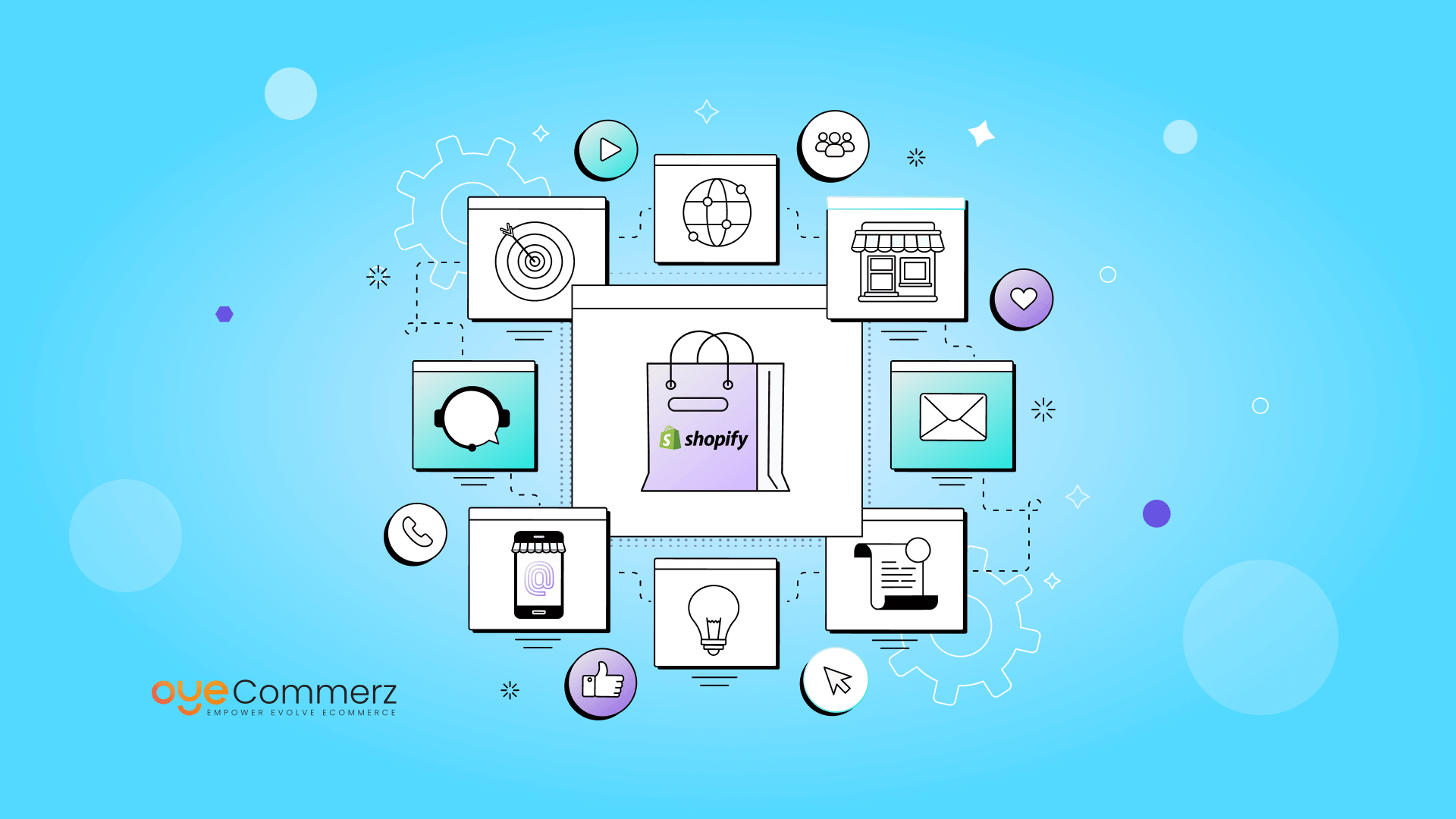Introduction
In today’s cutthroat e-commerce landscape, standing out is paramount, and one of the best ways to set apart a Shopify store is through tailored app creation. A robust Shopify app can boost store capabilities, streamline operations, and boost customer engagement. This guide delves into essential elements of Shopify app development, covering API integration and app ecosystem to scaling strategies and promotion methods, offering a roadmap for businesses seeking superior store performance.
The Importance of Shopify API Integration
Shopify’s API offers robust tools to personalize and expand store functionalities. With the GraphQL and REST API options, developers can access data to create apps that manage inventory control, order handling, and customer information management seamlessly. Integrating Shopify’s API can enable improved workflow automation and allows stores to serve customers more effectively.
Utilizing the Polaris Design System
Shopify’s Polaris is Shopify's set of design guidelines for designing user-friendly and easy-to-use Shopify apps. By adhering to Polaris principles, developers guarantee that apps seamlessly integrate within the Shopify Admin experience. This provides a cohesive look and feel that resonates with Shopify merchants, promoting usability and comfort for merchants using your custom app.
Understanding the Shopify App Ecosystem
The Shopify app ecosystem provides numerous opportunities for enhancing e-commerce sites. From managing fulfillment processes to increasing customer interaction, apps in this ecosystem are tailored to meet diverse business needs. Learning about this ecosystem helps developers in identifying unique app ideas and enables seamless integration of external tools that enhance the store.
Building Embedded Shopify Apps
Embedded apps integrate directly within the Shopify Admin, providing a smooth interface for merchants. They allow merchants don’t have to leave their Shopify control panel, simplifying their process. Using Shopify App Bridge and embedded app capabilities is recommended for providing a cohesive, well-integrated user experience.
Using Node.js and React for Shopify Apps
Node.js and React have emerged as ideal tools for Shopify app creation. This server-side framework enables efficient back-end services, while React allows for dynamic, responsive front-end design. Together, they provide an excellent platform for creating speedy, growth-ready Shopify apps that enhance store performance and customer engagement.
Webhooks in Shopify Apps
Webhooks allow real-time data synchronization Shopify customer engagement tools between Shopify and an external app. They trigger events such as new orders or inventory updates and provide immediate alerts to your app. By implementing webhooks, apps can deliver real-time information to store owners, simplifying processes and boosting efficiency.
Customer Engagement and Digital Marketing for Shopify Apps
To make a Shopify app successful, engaging customers is crucial. Using digital marketing strategies like SEO, email marketing, and social media campaigns can drive app adoption. Additionally, creating applications with customer interaction as a focus (e.g., loyalty programs or personalized suggestions) boosts user retention and loyalty.
Scaling Your Shopify App
As e-commerce businesses grow, so do their technology requirements. Ensuring that your app can manage increased traffic, larger databases, and more advanced functionalities is Shopify app framework critical. By optimizing server resources and implementing scalable technologies, you can develop apps that grow in parallel to a store’s growth.
Essential Features and Maintenance for Shopify Apps
For an app to be effective, it should include key capabilities like user login, dashboard analytics, and support channels. Regular app upkeep, with updates to fix bugs and ensuring compatibility with new Shopify features, is vital to maintain continuous operation and avoid interruptions to merchant workflows.
Conclusion
Custom Shopify app development offers immense opportunities for e-commerce businesses, offering the ability to improve performance, streamline processes, and build customer relationships. With API integrations and Node.js to ensuring scalability and customer engagement, building a Shopify app requires careful planning and strategic execution. If you’re prepared to elevate your e-commerce experience, a tailored Shopify application could be the perfect choice. What capabilities do you envision for your ideal app? Share your ideas and take the first step toward an optimized e-commerce journey!
